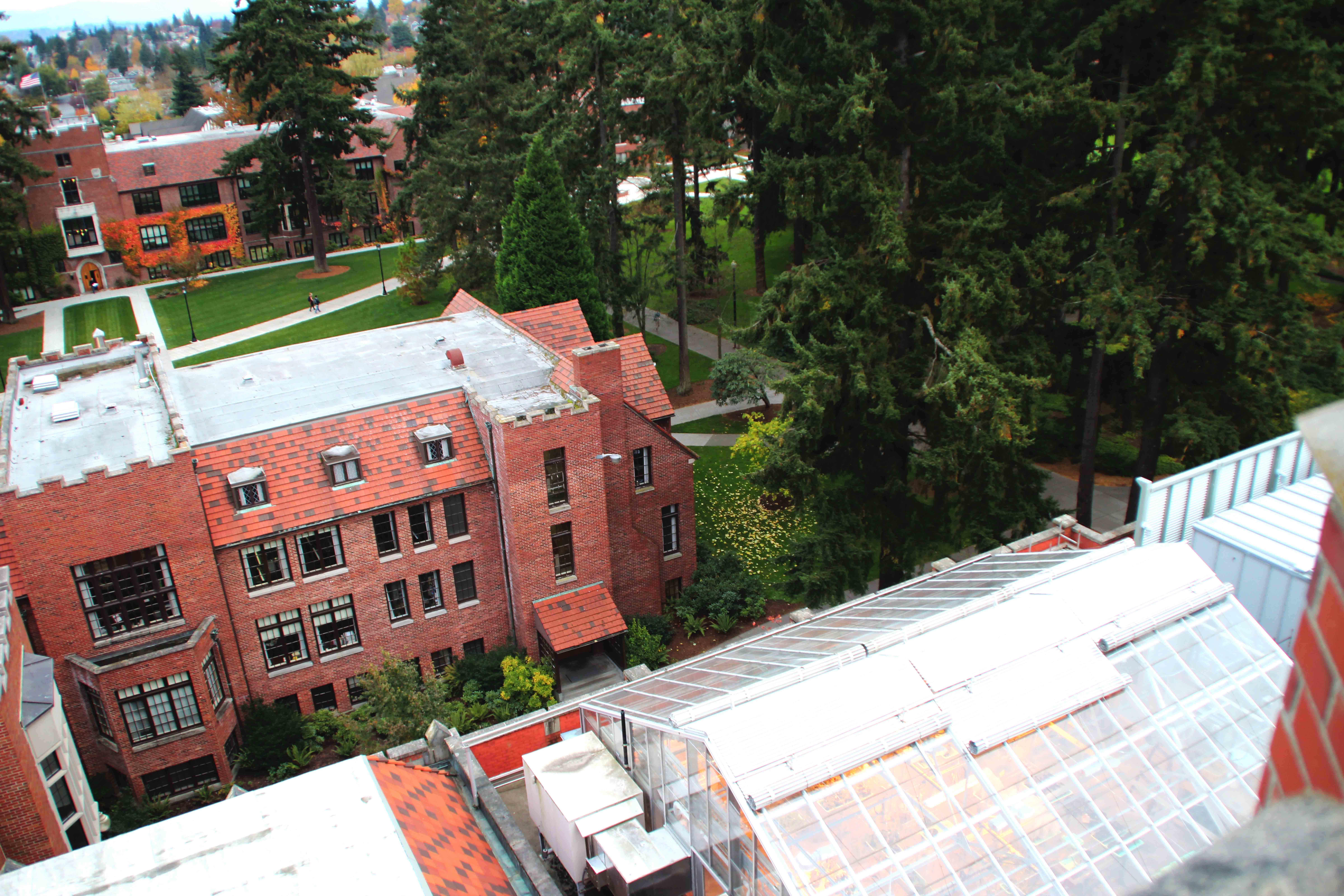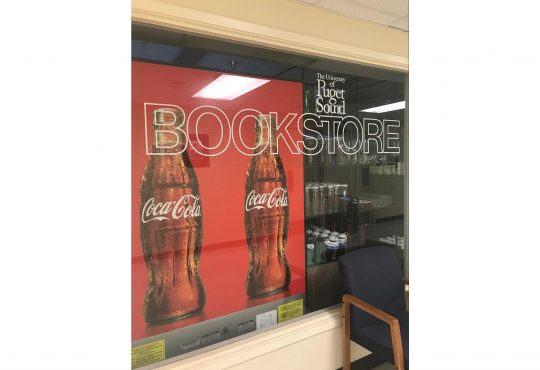
Technology Services will be improving Puget Sound’s internet capabilities over the coming weeks. These upgrades include updating the current wireless technology, installing more wireless access points and disabling prohibited devices.
“Universities all across the country are struggling to meet the ever-increasing demand on campuses for wireless access that is robust and fast,” Deputy Chief Information Officer Travis Nation said.
Nation recently sent a campus-wide message informing students and staff of the upcoming changes. As mentioned in previous articles, both Technology Services and Networking Staff are constantly working to improve internet access for everyone.
“We’re always hard at work trying to resolve problems,” junior Austen Harrison said. Harrison is one of Networking Services’ student staff.
The students and staff behind Puget Sound’s campus network receive frequent complaints about connectivity issues.
The Networking Services’ student staff members have a personal investment in solving on-campus technology problems, as many share living spaces with their peers or access the campus network frequently.
“The students are the ones that benefit the most from this,” junior Michael Mulay said.
“We bridge the gap…we are students and we are also staff members,” Mulay added.
The main issue is that there are more internet users on campus than network bandwith to support their usage. The cap on how much information can pass through the system affects students and staff who use multiple devices.
The bandwidth, an estimation of the maximum amount of data that Puget Sound residents can download at one time collectively, is around 250 megabytes of data per second. The wireless upgrade will increase the bandwidth to 500 megabytes.
Currently, the Networking team is working with technology from industrial-grade companies such as Cisco Systems Inc. Cisco is a communications company that provides networking solutions on a massive scale to a multitude of industries. Puget Sound does not use Cisco as an internet provider, but the University does use Cisco as their phone provider.
This bandwidth increase would account for internet users on campus, regardless of how many devices they use.
If residents are using computers, printers, tablets, phones and gaming devices, and all are trying to access the internet at the same time, the amount of available resources becomes limited.
“This is a problem that people are experiencing all over the country,” Harrison said.
Technology Services has also had to learn how to troubleshoot a wide range of products, with companies putting more services on the market daily. As technology itself improves, technicians need to learn more, much more quickly than they have had to in previous years.
“With the internet increasing in size every day…it is sometimes difficult to respond to that. And we have, in my opinion, some of the best people at this university responding to this problem,” Harrison said.
“We do work with computer science professors as well,” Mulay said. “We’ve done many projects…where we’ve compiled together all the resources that we have.”
Student members of Technology Services provide an invaluable role to the department. Puget Sound’s many skilled student staff members working on the current connectivity issues are providing a service that directly affects the community in which they work.
“I’ve had some experience with…the negativity towards the tech department. One of the things that we’ve been trying to deal with as of late is a response to who we are and what we do,” Harrison said. “We want to remind the community that we are looking out for its best interests, all the time.”






